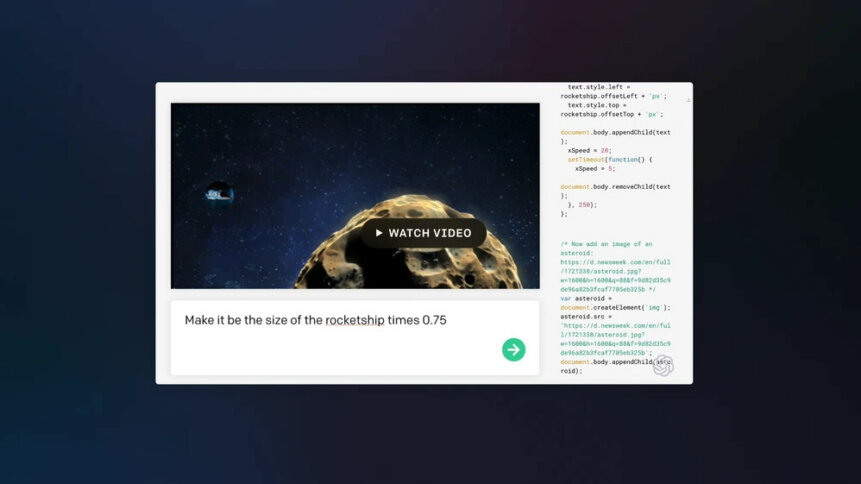
• The software engineer job market is slumping badly.
• “Learn to code” advice overtaken by generative AI.
• Which safe sector will feel the floor ripped out from under it next?
The software engineer job market has hit a wall.
Only six percent of people in the market are confident they’d be able to get another job with the same pay. Historically, studying to become a software engineer was pretty much a pass to job security, a sure bet in an ever-changing job market – why is that no longer the case?
At one time, entry-level Google software engineers reportedly earned almost $200,000 a year plus benefits. High demand for engineers meant jobs were never in short supply.
That’s all beginning to change amidst growing competition for software jobs. Partly due to an industry-wide downturn and the growing threat of AI, a once saturated job market is now anything but.

The software engineer job market is much less secure in the age of generative AI.
The state of the software engineer job market
Speaking to Motherboard, unemployed software engineer Joe Forzano said “the amount of competition is insane.” Since losing his job in March, he’s applied to over 250 jobs; “it has been very, very rough.”
According to a December survey of 9,338 software engineers carried out by Blind, an online anonymous platform for verified employees, almost nine in ten software engineers said it’s harder to get a job now than pre-pandemic. 66% say it’s “much harder.”
Even over the last year, just under 80% of respondents said the job market has gotten even more competitive. Of the respondents, only 6% felt that were they to lose their current jobs they’d be rehired at the same rate of pay.
It may come as a surprise to some the widespread drop in hiring across the tech industry hadn’t already hit the software engineer job market. Over 2022 and 2023, more than 400,000 layoffs as companies feeling the end of the pandemic boom batten down the hatches and operate on the barest possible bones.
Until now, staff in non-technical fields felt the brunt of job cuts. The Wall Street Journal reported that while tech companies cut their recruiting teams by 50%, only 10% of engineering departments were sacked.
The job prospects were so much better as an engineer in the tech sector, that as others began to worry about the security of their roles, “learn to code” became a mocking rejoinder; if you can do something useful, you’ll always be needed.
Bloomberg writes that at Salesforce, engineers were four times less likely to lose their jobs than those in marketing and sales – a trend evident at Dell and Zoom, too.
A computer science degree will set you back quite significantly – for Forzano, it landed him in $180,000 debt. He, like countless others, considered this small fry: “the whole concept was [that] it was a good investment to have that ‘Ivy League degree’ in an engineering field.”
Making back the money would be no problem.
Except that post-pandemic “it’s a completely different landscape.” Forzano tells Motherboard that looking back, his decision to major in computer science was “very naïve.”
The unstoppable specter of AI
Alongside sector-wide cutbacks, the entrance of AI has had repercussions for the software engineer job market. In fact, one of the first waves of generative AI programs to take off were ones that allow users to write code using natural language or auto-complete code.
Last year, Google CEO Sundar Pichai said AI-powered coding tools had sped up the time it took workers to complete code by six percent. An article in the Atlantic, “So Much for ‘Learn to Code,” made the claim in September that computer science is no longer the safe major.
Perhaps slightly ego-driven, in December software engineers didn’t express much concern about their own jobs being made redundant by AI: only 28% said they were concerned. Beyond themselves, though, more than 60% of those surveyed said they thought their company would hire fewer people because of AI.
It’s impossible not to find a touch of schadenfreude that the self-congratulatory ‘you should’ve been clever, like me, and learned to code’ crowd are feeling the uncertainty that both humanities students and their colleagues in the tech industry have faced, but obviously any human losing to AI is a big no.
The irony isn’t lost on we journalists, though. After all, how long will it be until roles like “writer” are taken over by robots and AI?










